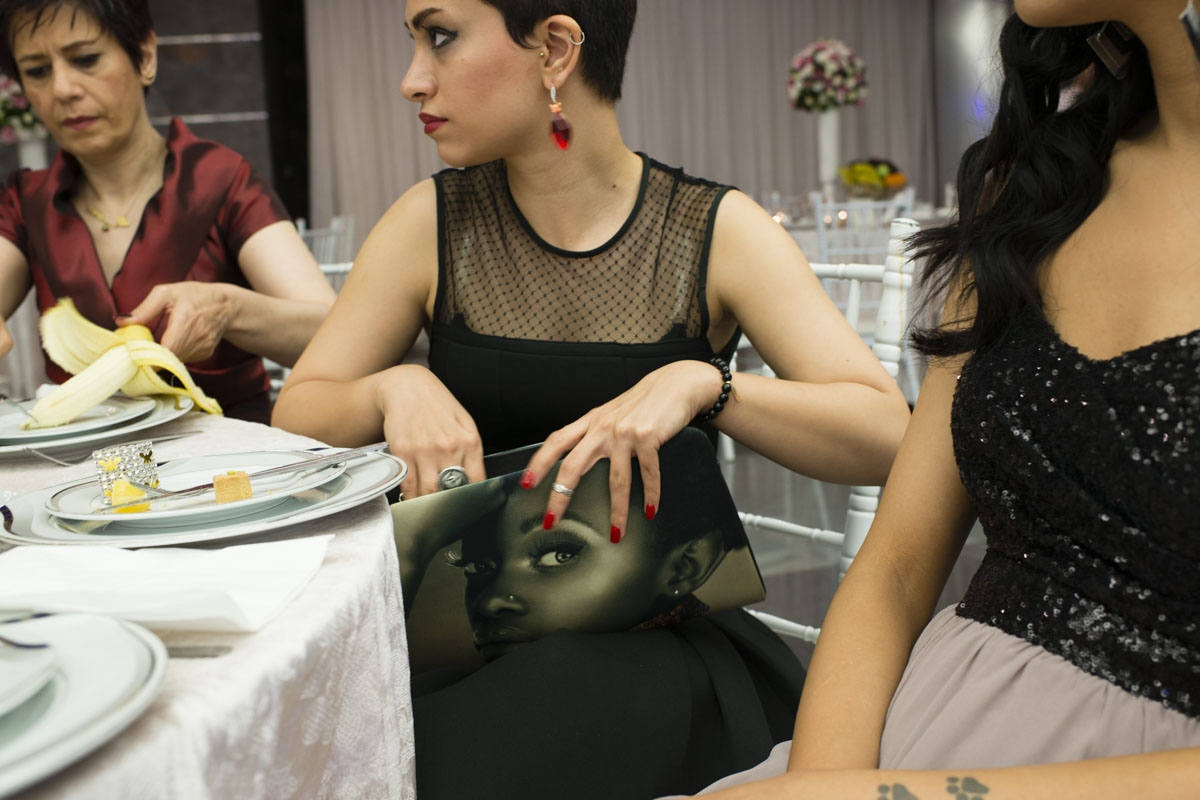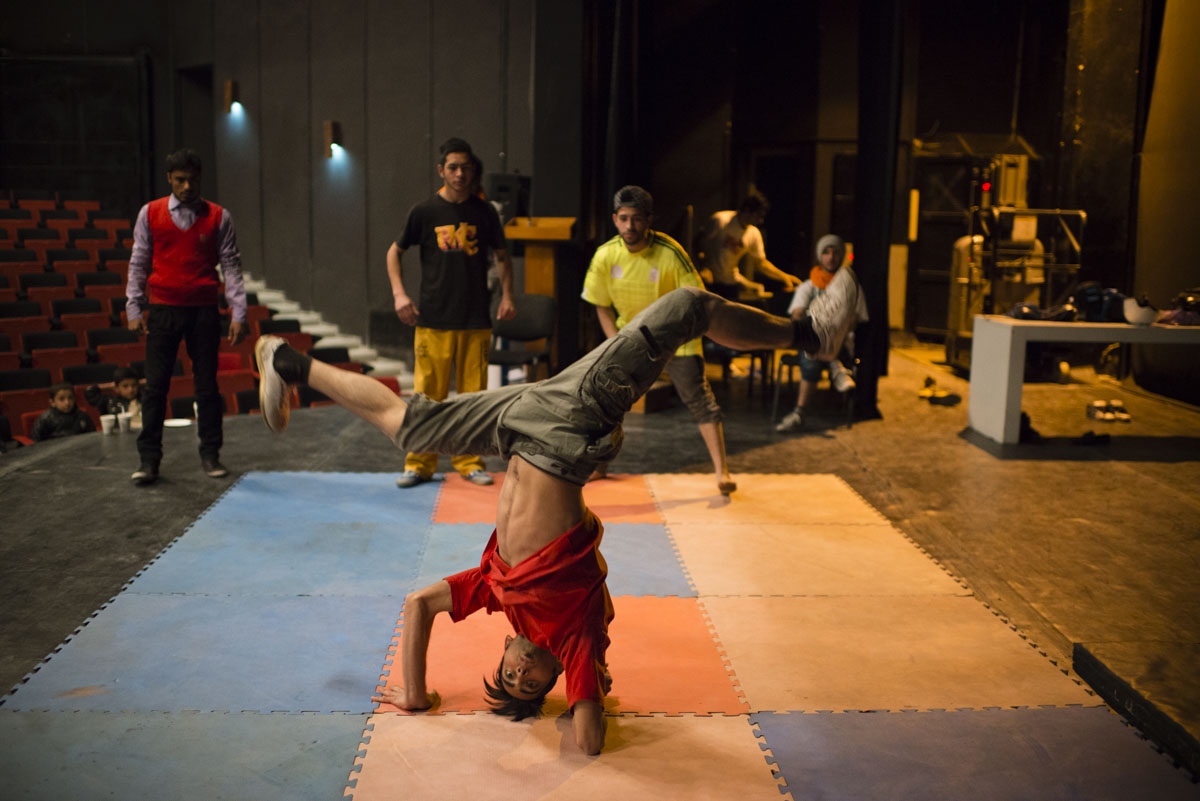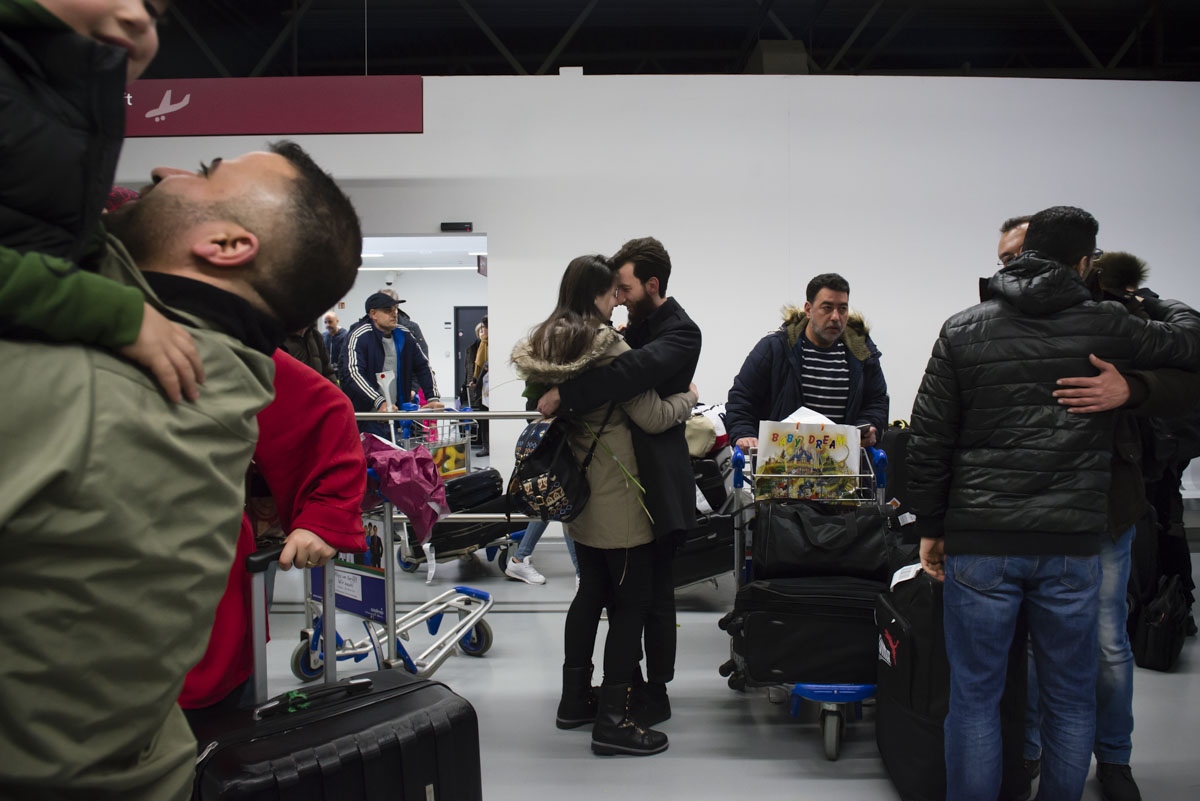Resilience is that ineffable quality that allows some people to be knocked down by life and come back stronger than ever. Rather than letting failure overcome them and drain their resolve, they find a way to rise from the ashes. Psychologists have identified some of the factors that make someone resilient, among them a positive attitude, optimism, the ability to regulate emotions, and the ability to see failure as a form of helpful feedback. Even after misfortune, resilient people are blessed with such an outlook that they are able to change course and soldier on
Iran, Afghanistan and Syria are three neighbouring countries with superficial similarities. All three countries, which are predominantly muslim with youth (under 35) accounting for more than 50% of the population, have experienced tumultuous recent histories, as a results of international intervention, economic struggles and barriers to progression as a result of socio-cultural norms. The year that Iran entered a nearly decade-long war with Iraq was also the year that marked the beginning of the Soviet war in Afghanistan, which led the country into four decades of back to back conflict, continuing now. In 2011, following a series of uprisings later referred to as The Arab Springs, protests and street clashes broke out through Syria. This was the start of a civil war that has continued to this day, displacing over 8 million people internally and forced another 5 million to flee to either neighbouring countries such as Jordan and Turkey, or make the treacherous journey to Europe.
The youth that make up the majority of these countries are those born between 1980 and 2000 - also referred to as ‘the millennials.’ Millennials across the region and similarly all over the world share similar characteristics and attitudes to their lives, politics and futures of their country. They are renowned for their resilience and optimism and are not behind sharing their voices through the use of internet and social media, ensuring the marginalised and vulnerable are not left behind. Another common pattern among these individuals is their adherence to freedom of speech and choice, ensuring they are not entangled with their cultural and religious beliefs. Attempting to accurate represent these realities, the youth in my photographs have strived to push through cultural and political boundaries and live a life other than what has been dictated to them by limiting culture or oppressive governments.
Iran and Syria are two countries of liberal populations governed by an authoritarian state. On the other hand, Afghanistan is a liberal democracy that rules over deeply conservative people who are strongly bound by socio-cultural expectations. The Iranian youth, mostly born during the war, grew up in peace and as a result appear to be more open-minded and often evade the government which continually demands a strong adherence to conservative islamic laws. As a result, their lives are largely lived behind closed doors. The Syrian youth captured in this series, are those who were born and raised in peace but force_d to flee from Syria to Germany, in search of safety and a sense of normality. Many of whom were young men, who were fearful of being sent home and conscripted to an army supporting a regime which threatens the lives of their families on a daily basis. In comparison, Afghanistan’s ‘western-funded’ government is progressive and secular, yet patriarchal and religious cultures practices and expectations counteract any liberalist ideology present at a national level. The current youth in Afghanistan know only a life of war, living out subcultures that few to which few are exposed. Millennials of these three countries lead complex, often dual lives. Some have chosen to stay, negotiating the boundaries of what is possible, and others still, leave, as refugees or migrants.
Having grown up in Iran, where the youth strive to dream in the face of oppression, I am this generation, a generation that refuses to adhere to national or cultural expectations in the midst of ongoing conflict.
The aim of this long term project and the education package that was created with it is to illuminate the similar dreams, wants, and desires that millennials share around the world, even in the midst of conflict and war. I'm hoping that the photographs in this series help us to increase our awareness of current events, make connections to our lives, and develop empathy.


